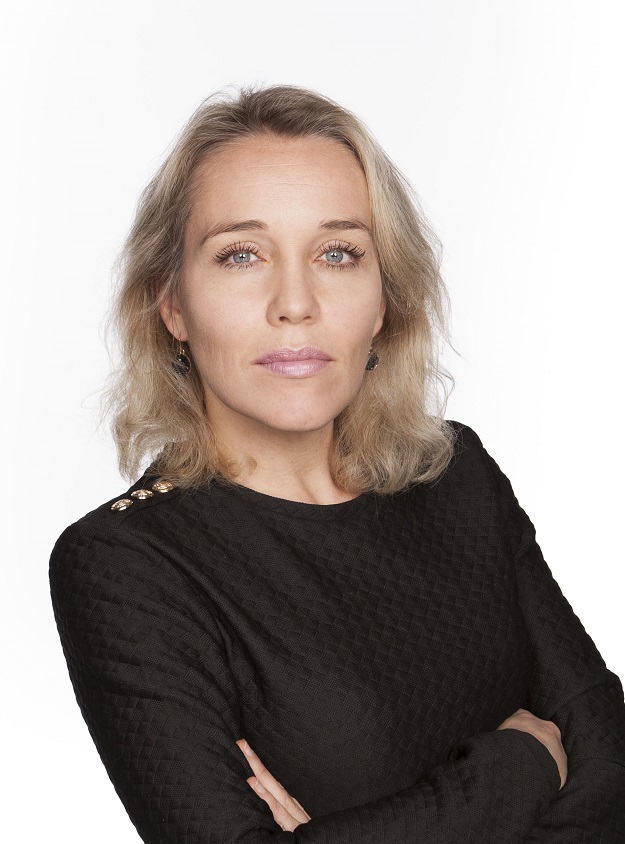Full Professor
Strategic program(s):
Biography
Biography
Mireille Bekker completed her training in Medicine at the VU Medical Center in Amsterdam and subsequently obtained her MD in 2002. She performed research on the pathofysiology of the increased nuchal translucency in several mouse models and human fetuses. Her research focussed on fetal cardiovascular and lymphatic development. During her research she worked at the department of Anatomy and Embryology of the Leiden University Center in Leiden and the department of obstetrics in the VU Medical Center. She was awarded her PhD in 2007. She started her training to become a gynecologist in 2005 and became a senior specialist registrar Obstetrics and Gynecology in 2011. During her clinical training years she continued to work on her research regarding the development of cardiovascular and lymphatic development together with the departments of Anatomy and Embryology of the Academic Medical Center and Immunology of the VU Medical Center. This was rewarded by the PhD thesis of Yolande de Mooij in 2011. From 2011 till 2014 she performed a fellowship Perinatology in the VU Medical Center and Radboud University Center in Nijmegen. Since june 2015 she works in the University Medical Center of Utrecht as a gynaecologist-perinatologist.
Her current research focuses on intrauterine fetal development and long term-outcomes; prenatal screening, diagnosis and therapy (ultrasound/MRI/genetic testing); genetic disorders and innovation &technologies in obstetric health care.
Research aim
To improve long term cardiovascular and neurodevelopmental outcome in patients with severe congenital heart disease.Research aim
We use longitudinal fetal and neonatal neuroimaging and neuromonitoring to study brain development and function, model brain diseases, and improve long term outcome in high-risk infants.Research aim
Our research strives to improve outcomes for Esophageal Atresia patients, reducing morbidity and enhancing quality of life, while developing strategies for long-term improvement, shaping a brighter future.Research aim
Our mission is to unravel the impact of neonatal surgery, as well for congenital heart defects as non-cardiac anomalies on brain injury, development and long-term impairments to develop strategies to improve long-term outcome shaping a better future.Kerngroep - Foetale geneeskunde - NIPT consortium
Editorial board - Foetale geneeskunde - BMC Pregnancy and Childbirth
Lid werkgroep - Prenatale screening - Rijksinstituut voor Volksgezondheid en Milieu
Raad van advies - Geen - MEDSIM
Medisch adviseur - Geen - SPSRU
lid - foetale geneeskunde - NVOG
